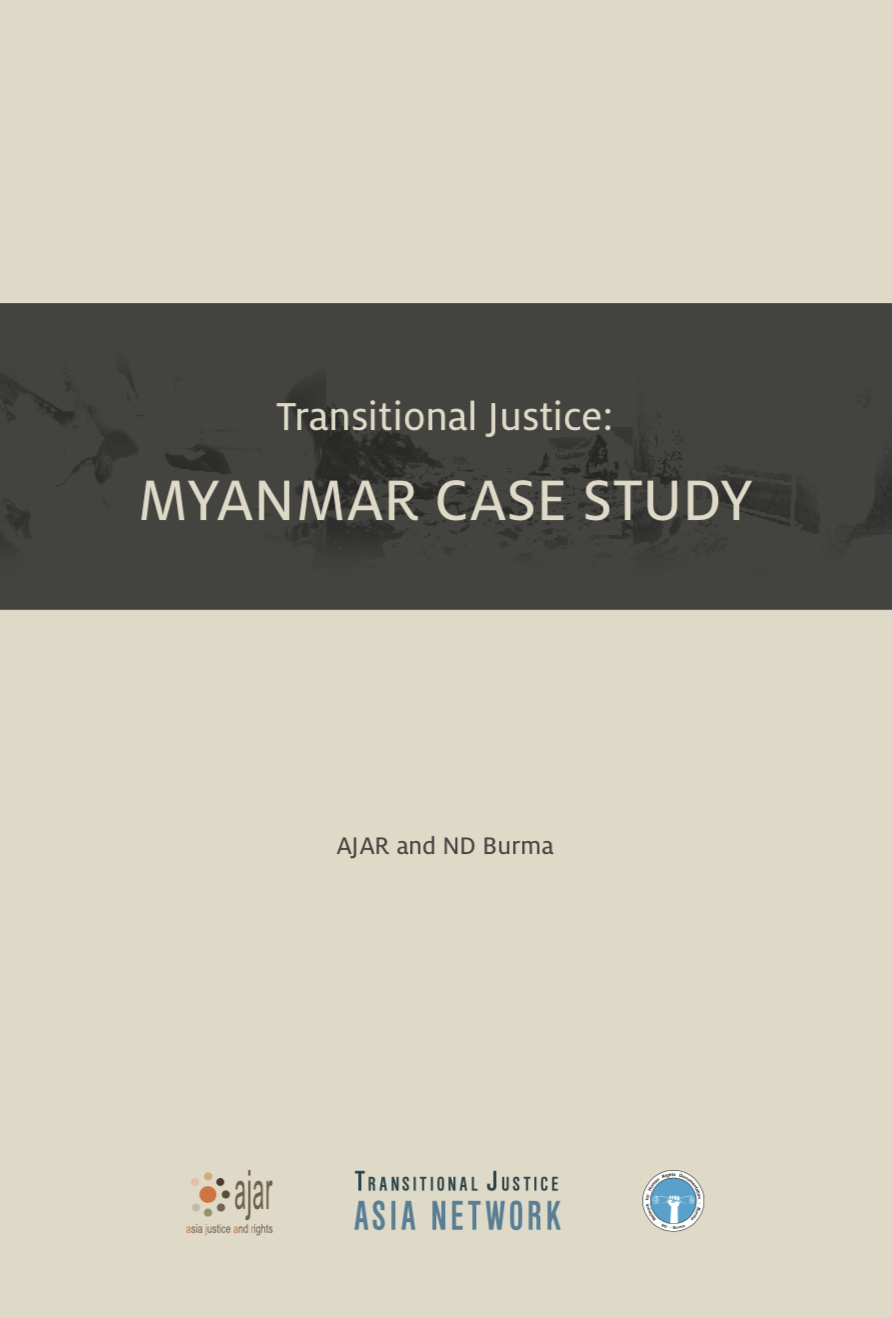Myanmar gained independence in January 1948, following the 1947 Panglong Conference. At this conference, General Aung San along with Kachin, Shan, and Chin leaders overcame the divide-and-rule policy of the British by agreeing on ethnic equality within a Federal Union of Burma. However, after General Aung San was assassinated in 1947, new leaders neglected the Panglong agreement. Armed conflicts soon broke out between ethnic armed groups and government forces, sparked by demands for self-determination and ethnic equality. After General Ne Winn’s 1962 coup, the civil war escalated. At the same time, repression inside Myanmar increased with widespread detention and torture of political dissidents, journalists, human rights activists, and anyone suspected of criticising the state.
Civil society has had limited space to operate since the military coup in 1962, with further crackdowns after the uprising of students and youth in 1988 and the Saffron Revolution of 2007. Some groups continued to operate inside the country within the narrow confines allowed them, and others conducted advocacy from exile in Thailand or elsewhere. However, after 50 years of military rule, Myanmar is now undergoing an exceptional period of transition. In the current political climate, the re-emergence of civil society networks will be extremely important. This sector faces many challenges, including distrust of the government, legal constraints, and low-levels of capacity.
The ongoing civil war in ethnic areas has resulted in mass violations, including land confiscation, forced labour, recruitment of child soldiers, forced relocation, torture, and extrajudicial killings. In some contexts, ceasefire agreements have opened doors to extractive industries, bringing about new repression against local residents and activists who oppose the projects.
